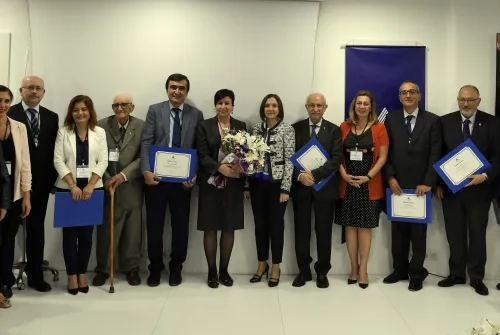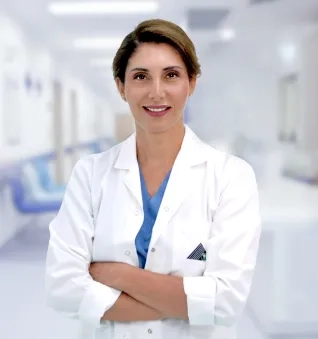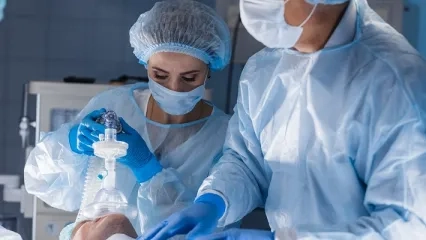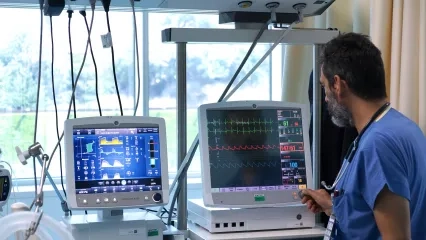Alo Yeditepe
Alo Yeditepe
Anesthesia-Related Loss of Life Declines to 1 in 100,000
In the meeting where the Turkish Anesthesiology and Reanimation Association and the Turkish Medical History Institute came together under the hosting of Yeditepe University Koşuyolu Hospital, the President of the Turkish Anesthesiology and Reanimation Association Prof.Dr. Ömer Kurtipek stated that 173 years have passed since the first modern anesthesia was applied. He stated that there has been a great breakthrough, especially in the last 30 years. Prof. Dr. Kurtipek: “With the latest developments in technology, science, medicine, and our efforts and studies, the mortality rates attributed to anesthesia practices all over the world have decreased to 1 in 100,000. Our goal is to reduce this value to zero.”
The Methods We Apply in our Country are No Different From Those Applied All Over The World
Prof. Dr. Ömer Kurtipek: “Without anesthesia, there will be no surgery. Today, we use modern medicines that are the least harmful for the patient. By taking measures to increase patient safety, we achieve more successful results. In our country, the level of Anesthesiology and Reanimation specialization training and post-specialization training is very high. The methods we apply in this field are no different from the methods applied in the world. Today, we continue to serve our people in the operating room, intensive care, and pain treatments with 6000 anesthesiologists and 2000 anesthesia assistants in the field. With this chart, there is no group of patients we cannot anesthetize. We can administer anesthesia to all patients from newborn to 100 years old.”
Make Sure to Discuss Your Anesthesiologist Before Surgery
Prof. Dr. Ömer Kurtipek: “My advice to our patients is to meet with an anesthesiologist before surgery. Their fear and anxiety will diminish after the anesthesiologist gives them the information.” Prof. Dr. Kurtipek also drew attention to the hard working conditions and the difficulty of the job.
We are Safely Crossing Over with Our Patients on Many Highways
Yeditepe University Koşuyolu Hospital Anesthesiology and Reanimation Specialist Prof. Dr. Hatice Türe reminded the developments in the field of surgery since 1846 and continued as follows:
“We are a group of physicians working day and night in the operating room and intensive care units. If I tell you that I want to get you safely across a very busy highway, you probably will not allow it. But we make an effort every day to cross our patients, who feel that confidence during surgery, on many highways. We work day and night to bring them back to health. Likewise, intensive care and pain areas are our intensive care areas.”
Stating that all anesthesiologists are working hard to provide services in the light of science, Prof. Dr. Hatice Türe: "While we work with the surgical group to start and end the surgery safely, we serve 24/7 to keep our patients alive in the intensive care unit.
World Federation of Anesthesia Associations has activities in many countries of the world. There are many undeveloped or underdeveloped countries in the world where health services cannot be received at the level of our country. The World Federation of Anesthesia Societies is also working in these countries to ensure that all people benefit from safe surgery with the support of training and equipment.”
Press Coverage: haberinnabzi.com | winally.com | haberler.com | aksam.com
About
Faculty and Year of Graduation:
İstanbul University, Faculty of Medicine
”
See Also
Alo Yeditepe





